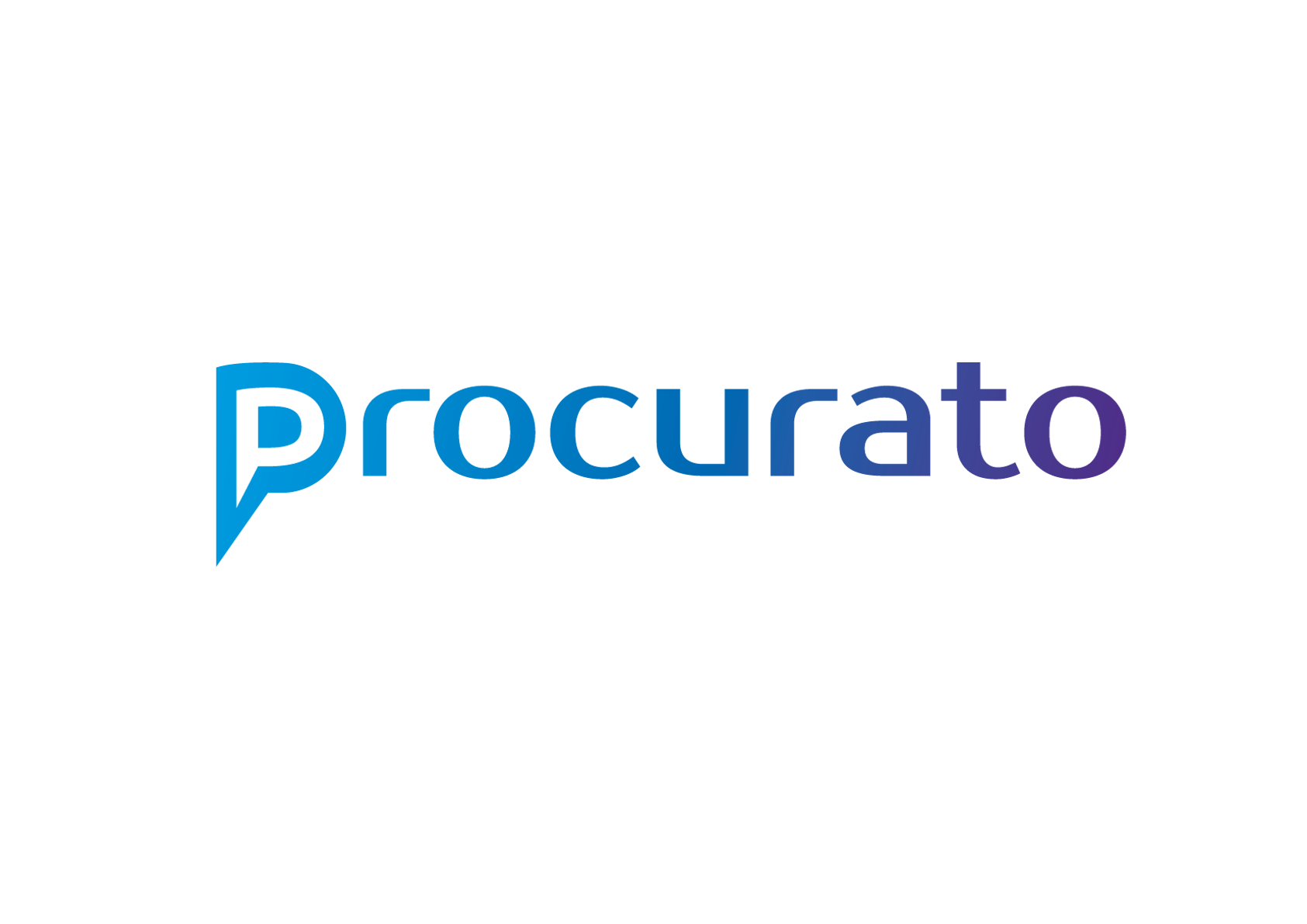Five High-Leverage Leadership Lessons for Procurement Leaders
- Procurato Team

- Jun 10
- 4 min read
Updated: Sep 8
Insights from the Top of the Chain: Journey of a CPO podcast
Host and Author: Marco Marambe, MD, Procurato
Key Takeaways:
Strategic Careers: Successful procurement leaders treat their career growth like a strategy project, actively seeking skills, mentors and opportunities
Resilience Matters: Leading through uncertainty, setbacks and change requires resilience as a practiced discipline, not just a personality trait
Value First: Influence and visibility come naturally when procurement leaders focus on delivering measurable business impact
In the Top of the Chain podcast series, Marco Marambe set out to go beyond surface-level leadership stories and uncover the real moments. These are the pivotal challenges, lessons and reflections that shape great procurement leaders.
Across conversations with CPOs and senior procurement professionals from companies such as Michael Page, MPS, Banking Circle and Generali Italia, a pattern began to emerge. These procurement leaders did not simply rise through the ranks. They approached their careers with the same strategic thinking they bring to their businesses.
Here are five key leadership lessons that stood out. These are practical, personal and highly relevant to anyone navigating a procurement career today.
1. Treat Your Career Like a Strategy Project
Many of the guests did not begin their professional journeys in procurement. In fact, some stumbled into the field almost by accident. However, once they discovered the strategic potential of procurement, they took ownership of their careers with purpose.
The common thread was intentionality. These procurement leaders continuously assessed their skill sets, recognised where they needed to grow, and sought out opportunities that aligned with their goals. From pursuing cross-functional roles to seeking out mentors and investing in professional development, they treated career progression as a long-term strategy rather than a passive path.
Strong leadership, they emphasised, is built through consistent effort and clarity of purpose.
2. Resilience Is Non-Negotiable for Procurement Leaders
Whether stepping into leadership during a restructuring, navigating tough cultures, or balancing career pressures with personal setbacks, each guest spoke candidly about the resilience they had to develop.
Rather than seeing challenges as roadblocks, they viewed them as critical moments for growth. One leader reflected on how early rejections shaped their work ethic. Another described building inner confidence by learning to lead through ambiguity.
Resilience, for these procurement leaders, was not simply a personality trait. It was a practiced discipline. It meant continuing to show up, learn and lead, even when facing uncertainty or failure.
3. Focus on Creating Value and Visibility Will Follow
A recurring theme across the interviews was the idea that recognition is earned through results, not self-promotion. These procurement leaders did not seek the spotlight. They earned it by aligning procurement with broader business goals and delivering clear, measurable outcomes.
By focusing on what matters to the organisation – such as reducing complexity, improving supplier relationships, or unlocking new forms of value – they built influence naturally.
As one guest put it, “If you solve the right problems, the right people will notice.”
4. Build a Personal Support Network
Behind every strong procurement leader is a network of support. This includes mentors, sponsors, peers and even personal confidants. The podcast guests consistently spoke about the importance of surrounding themselves with people who challenge their thinking, provide honest feedback, and support them through change.
Mentorship played a particularly key role. Not just as a formality, but as an active and meaningful relationship. These procurement leaders sought mentors who had faced similar challenges or who could offer a different perspective on leadership.
In a fast-paced and high-pressure environment, having the right people in your corner makes a lasting difference.
5. Pair Technical Strength with Emotional Intelligence
Procurement is often seen as a technical function, focused on contracts, data and supplier performance. However, the most effective procurement leaders are those who balance that expertise with emotional intelligence.
Throughout the series, guests emphasised how critical it is to listen well, navigate difficult conversations, and create psychological safety within teams. Many shared stories of learning when to assert and when to step back, when to lead with data and when to lead with empathy.
This balance of technical and interpersonal skills is what transforms a capable manager into a respected leader.
Conclusion
What became clear from Marco’s conversations is that leadership in procurement is not just about titles or tenure. It is about the choices people make along the way – choosing to keep learning, to stay grounded, and to lead others with both purpose and humility.
Procurement is evolving rapidly. Automation, data and technology are reshaping the way the function operates. However, what sets procurement leaders apart continues to be deeply human. It is resilience, strategic thinking, emotional intelligence, and the courage to grow.
To hear these lessons in the voices of those who lived them, tune in to Top of the Chain: Journey of a CPO. Each episode offers a real-world look at what it truly takes to lead in procurement today.
Ready to put these leadership lessons into action? Learn how Procurato’s procurement services can help your team drive greater impact, resilience and value. Explore our Procurement Services.
Stay ahead in procurement leadership
Get insights, strategies and market updates delivered straight to your inbox







Comments